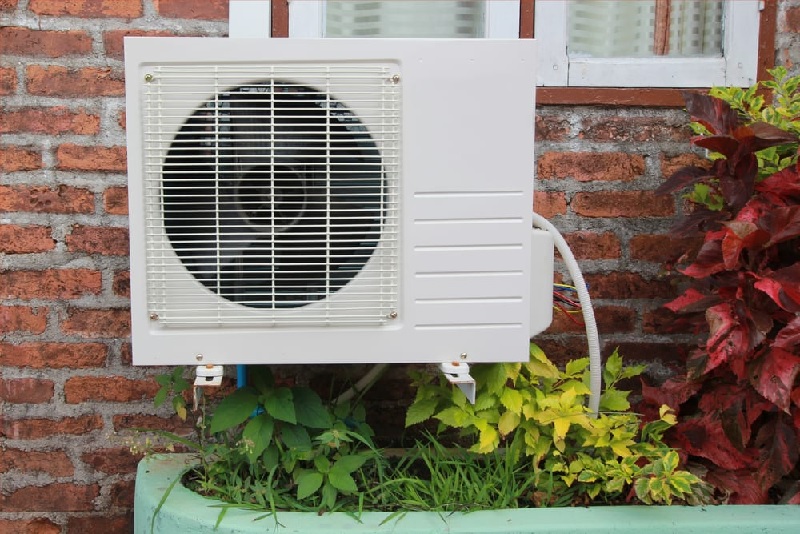HVAC maintenance is crucial in ensuring the longevity and efficiency of your heating, ventilation, and air conditioning systems. Regular maintenance not only extends the lifespan of your units but also helps to keep energy costs down and maintains healthy indoor air quality.
In this blog post, we’ll discuss the best practices for regular HVAC maintenance that every homeowner or business owner should follow. By following these tips, you can save yourself from costly repairs and ensure that your units are running smoothly all year round. So let’s dive in and learn how to properly maintain your HVAC systems!
If you’re looking for a professional to perform maintenance on your system, check out Autumn Air Heating & Cooling from their website: https://www.callautumn.com/, or by giving them a call at +1 602-266-5247. They’re located at 12409 W Indian School Rd Ste C307, Avondale, AZ 85392.
Schedule annual maintenance
One of the best practices for regular HVAC maintenance is to schedule annual maintenance with a professional technician. This should be done at least once a year, preferably before the start of each heating and cooling season. A trained technician will thoroughly inspect, clean, and tune up your system to ensure its optimal performance.
During this maintenance visit, the technician will also check for any potential issues that may lead to bigger problems in the future. This proactive approach can save you from expensive repairs and replacements down the line.
Change air filters
Air filters play a crucial role in maintaining healthy indoor air quality. Over time, these filters get clogged with dust, dirt, and other particles, restricting airflow and forcing your HVAC system to work harder. This not only decreases its efficiency but also increases your energy bills.
It’s recommended to change air filters every 1-3 months, depending on the type and usage of your HVAC system. Regularly changing air filters can significantly improve your unit’s performance and keep your indoor air clean.
Keep outdoor units clean
Outdoor units are often exposed to various elements like dirt, debris, and leaves. This buildup can restrict airflow and decrease the efficiency of your system. It’s essential to keep outdoor units clean by regularly removing any debris and trimming nearby plants.
It’s also a good practice to have at least 2 feet of clearance around the unit to ensure proper air circulation.
Check ductwork for leaks
Leaky ductwork can lead to significant energy loss, resulting in higher utility bills. It’s crucial to regularly check your ductwork for any leaks and seal them promptly. This not only helps to keep your energy costs down but also improves the efficiency of your HVAC system.
Monitor thermostat settings
The thermostat is the control center of your HVAC system, and it’s essential to keep an eye on its settings. It’s recommended to set your thermostat at a moderate temperature during the summer and winter months. This not only helps to maintain a comfortable indoor temperature but also prevents your HVAC system from working overtime.
Clean condenser coils
Condenser coils are responsible for transferring heat between the indoor and outdoor units. Over time, these coils can accumulate dirt and debris, decreasing their efficiency and causing your HVAC system to work harder. It’s crucial to regularly clean these coils to ensure optimal performance.
Regularly inspect refrigerant levels
Refrigerant is a vital component of your HVAC system, responsible for cooling the air that circulates throughout your home or business. Low refrigerant levels can cause your unit to work harder and decrease its lifespan. It’s essential to regularly inspect and top off your refrigerant levels if needed.
Maintenance is vital
Regular HVAC maintenance is crucial in keeping your heating and cooling systems running smoothly and efficiently. By following these best practices, you can save yourself from expensive repairs, improve indoor air quality, and keep energy costs down.
Don’t neglect your HVAC system, schedule annual maintenance, and take care of it throughout the year. Your wallet and comfort will thank you!












